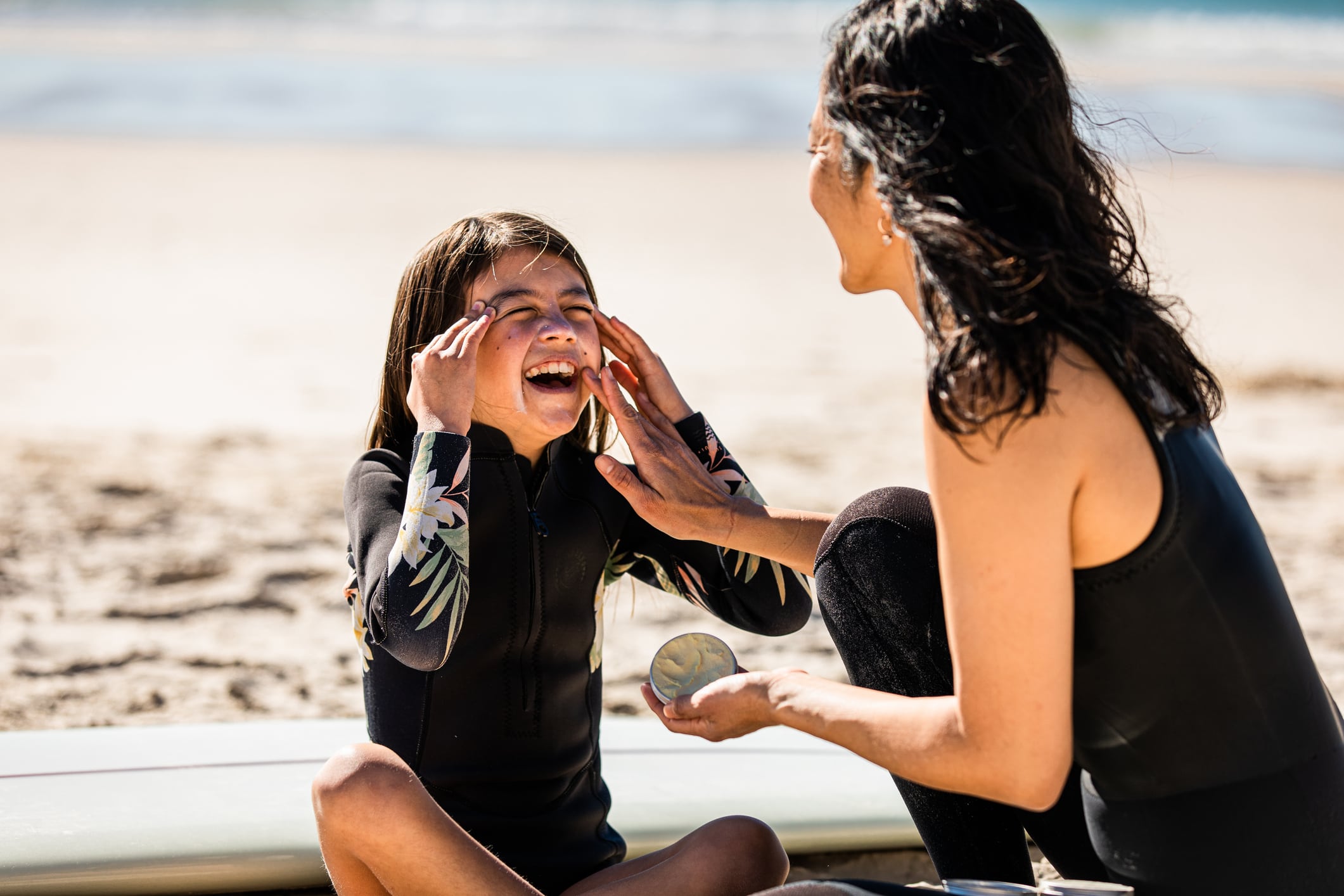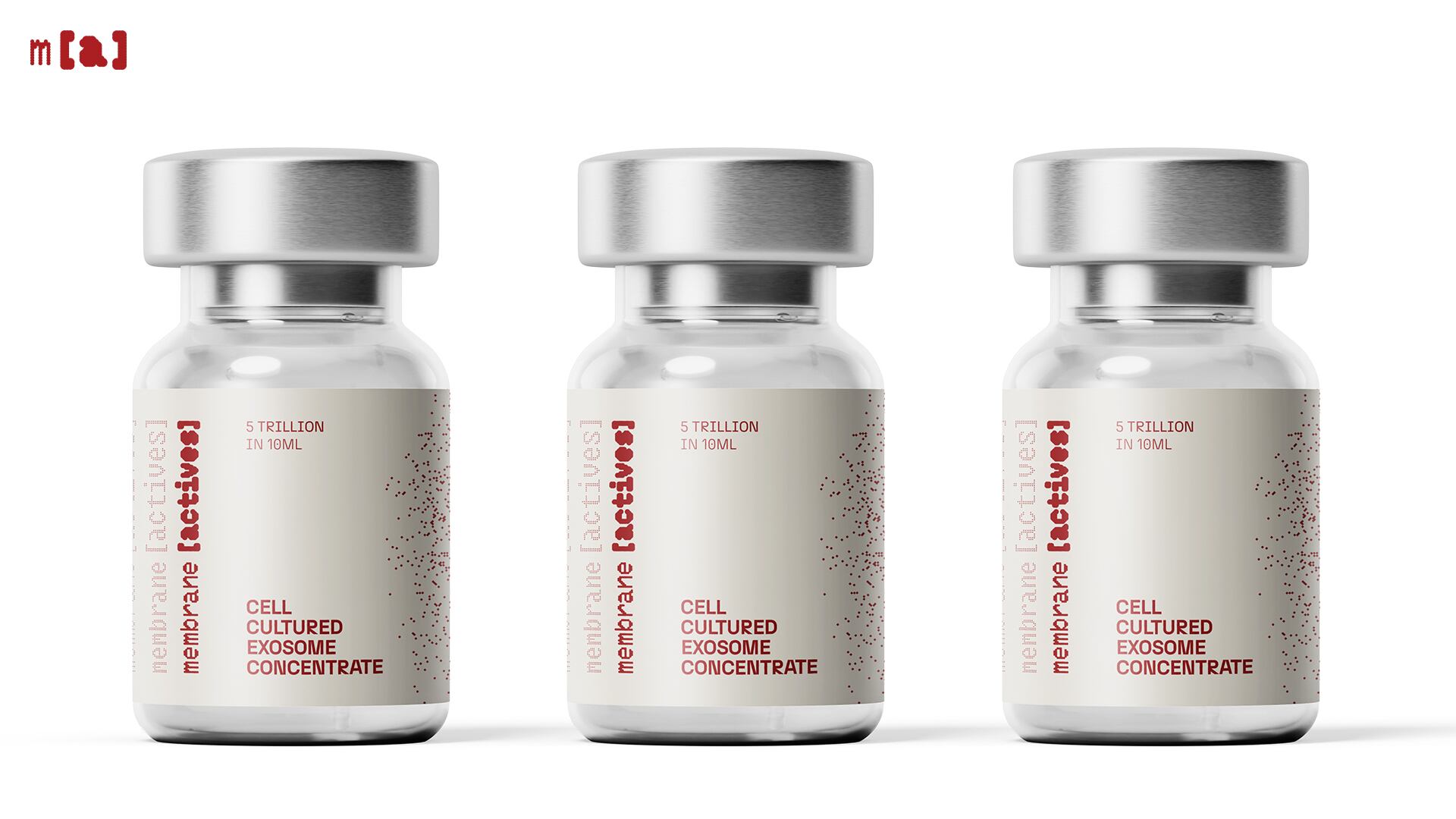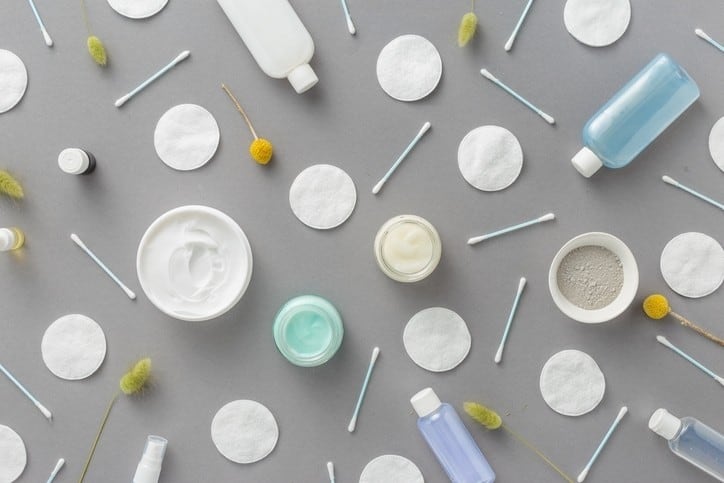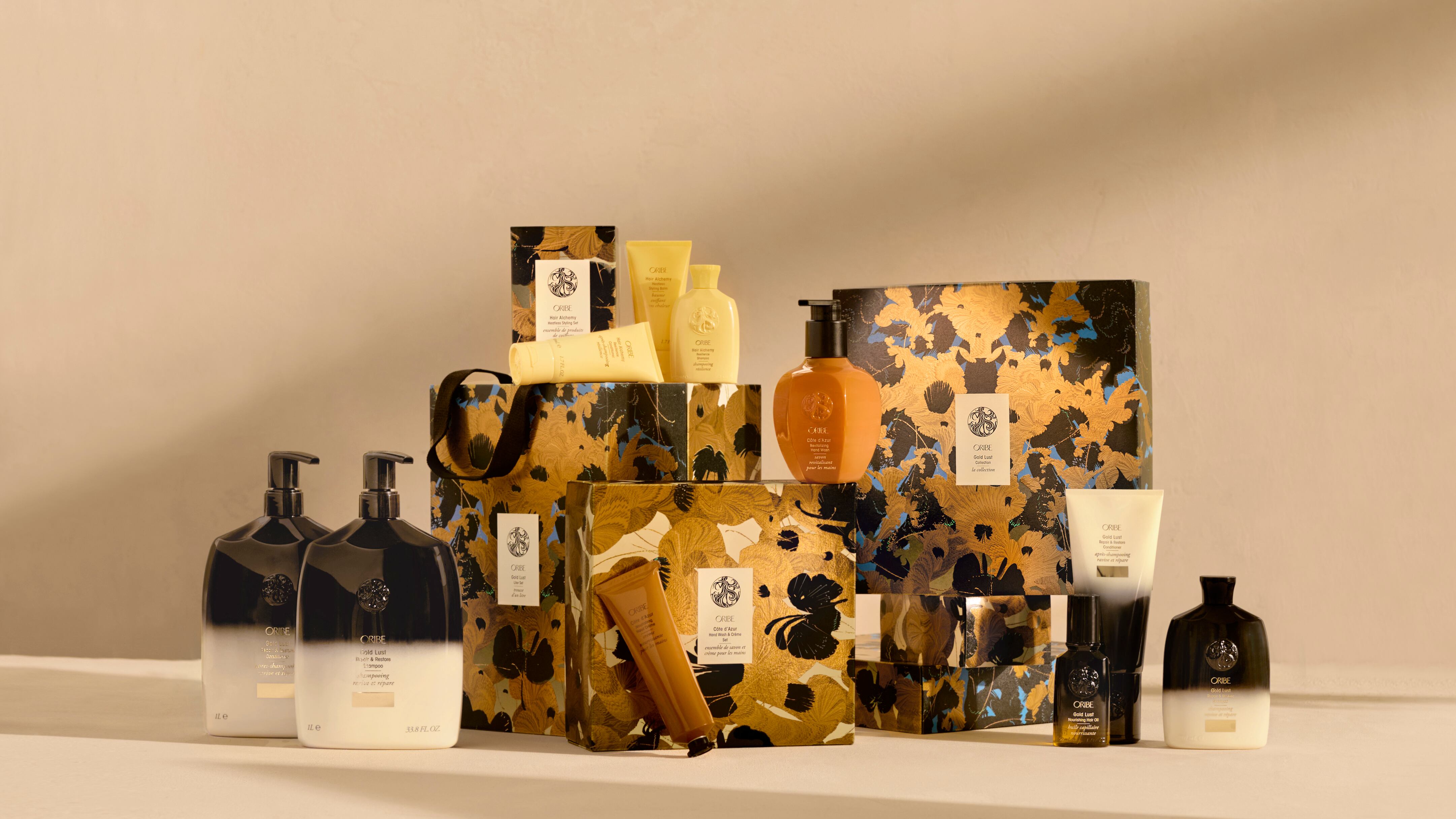Sunscreen scandal: TGA conducts ‘comprehensive review’ after report exposes overclaimed SPFs
Australia’s Therapeutic Goods Administration (TGA) is conducting in-depth investigations into sunscreens, after a recent report published by consumer advocacy group CHOICE in June exposed multiple products that did not meet their claimed SPF levels.
TGA first announced in August that Grace & Fire Pty Ltd, parent company of Ultra Violette, is recalling all batches of the brand’s Lean Screen SPF 50+ sunscreen due to inconsistency in SPF levels.
The authority is also investigating other sunscreens that did not support their claimed SPF ratings as demonstrated in the CHOICE report, and reviewing sunscreens in the Australian Register of Therapeutic Goods (ARTG) that may have similar formulas as Lean Screen.
Halal beauty to reach $118bn by 2028 amid GCC funding and anti-fake push - report
Based on the 2024/2025 State of the Global Islamic Economy (SGIE) Report, global Muslim spending on cosmetics reached $87bn in 2023 (up 2.9% from 2022) and is on track to hit $118bn by 2028 at a CAGR of 6.3%.
The report also stated that the halal beauty market is driven primarily by Gulf Cooperation Council (GCC) investment, China supply chains, and anti-counterfeit efforts.
While wider awareness of halal positioning in both Muslim-majority and -minority markets was behind topline growth, halal claims were not the only driver. Buyers also weighed price, performance, sustainability, and digital access.
REVIVEBIO to debut next-generation probiotics-derived exosome and commercial application
Taiwanese biotech firm REVIVEBIO Co is set to launch the first commercial application of its next-generation probiotics (NGPs)-derived exosome.
Called NEXOSOME, the exosome is developed using the company’s proprietary NGP strain Parabacteriod goldsteinii RV-01 (P.Goldsteinii RV-01).
REVIVEBIO will be releasing a finished product made using NEXOSOME in Taiwan by end-October and in the US by late November.
Beauty brands increasingly leveraging travel retail as channel of growth
Rituals is among beauty brands that are increasingly leveraging travel retail and forming strategic partnerships in this sector as a pillar of growth.
In July, the skin care brand officially entered Shanghai Pudong Airport Terminal 1, retailing a range of its most popular collections.
This move is the first step in a planned series of expansion across CDF-Sunrise’s footprint in China travel retail, which also includes Shanghai Hongqiao Airport, Beijing Capital Airport, and Daxin Airport.
Suntory’s KIZEN eyes growing men’s skin care market in US
Suntory-owned KIZEN seeks to answer the rising demand among US male consumers for skin care that delivers “maximum impact with minimal effort”.
The launch of its flagship multifunctional moisturiser in the US this year marked Suntory’s strategic expansion into the country’s men’s skin care market.
According to KIZEN, even newcomers to skin care are embracing the skinimalism concept — the simplification of routine with fewer but highly effective products, a time- and often cost-saving approach that resonates with American men.
CHANDO Group backed by Harvest Capital, L’Oréal to push innovation and growth
CHANDO Group recently completed a round of financing, with private equity firm Harvest Capital investing RMB300m (USD40m) and L’Oréal participating as a partner, to fuel its R&D efforts and growth.
Founded in 2001, CHANDO Group is the third-largest Chinese cosmetics company by retail sales as of 2024, based on data from Frost & Sullivan. Its flagship brand, CHANDO, has ranked among the top two C-beauty brands by retail sales every year from 2013 to 2024.
Harvest Capital’s investment underscores its support for China’s consumption sector and local brands.
New Zealand to overhaul cosmetic rules, expands scope to hazardous ingredients
New Zealand’s Environmental Protection Authority (EPA) has confirmed an overhaul of its Cosmetic Products Group Standard, with first changes to take effect on January 1, 2026.
The rulebook tightens ingredient controls, expands the scope to capture any product that contains a hazardous ingredient, and phases out PFAS.
Based on EPA’s statement, the sell-through of non-compliant stock is allowed only until January 1, 2027, and disposal is expected by July 1, 2027.
PFAS products face a longer but decisive countdown. “No import or manufacture” applies from January 1, 2027, while “no sale” follows on January 1, 2028, and disposal is mandatory by July 1, 2028.
2D titanium dioxide promises non-white cast, safer UV protection for next-gen sunscreens: Hi!Papa
A two-dimensional (2D) form of titanium dioxide (TiO₂) has the potential to keep skin looking natural while blocking ultraviolet light as effectively as existing mineral filters, according to a new study published by Chinese children’s personal care brand Hi!Papa.
The study detailed a new sunscreen technology that applied advanced materials from mobile phone manufacturing to skin care, which tackled three persistent drawbacks of standard spherical TiO₂ nanoparticles — white cast, phototoxicity from free radicals under sunlight, and particle penetration into outer skin layers.
The findings could lead to a new class of UV filters that overcome the limitations of traditional sunscreen agents, thereby paving the way for the development of next-generation sunscreens.
Drop Zone: Latest launches from Aesop, Dolce&Gabbana Beauty, OUAI, Blunies
This round-up features recent launches from Aesop, Dolce&Gabbana Beauty, OUAI, Blunies, with fragrance being the common thread that runs through.
For instance, Aesop’s latest fragrance Above Us, Steorra Eau de Parfum centres on the interplay between radically unfiltered use of cardamom and a unique “fabulist accord” that conjures the imagined scent of amber.
Meanwhile, premium hair care brand OUAI has ventured into the body care space with the launch of a deodorant range, while Singapore deodorant brand Blunies unveiled its refreshed packaging and a new scent variant following its rebranding.
Terra Oleo raises $3.1m to develop sustainable, scalable palm oil alternatives
Singapore biotech start-up Terra Oleo is embarking on its next phase of developing sustainable and scalable lipid ingredients for applications across industries, including cosmetics, after raising $3.1m.
The firm’s tunable platform harnesses precision fermentation to transform agro-industrial waste into sustainable palm oil ingredients and cocoa butter alternatives for use in personal care, cosmetics, pharmaceuticals, and foods.
Backed by deep synthetic biology and microbial engineering expertise, the platform delivers tailored lipid profiles for high-value palm and cocoa applications, while eliminating energy-intensive refining steps and toxic byproducts of conventional processes.





